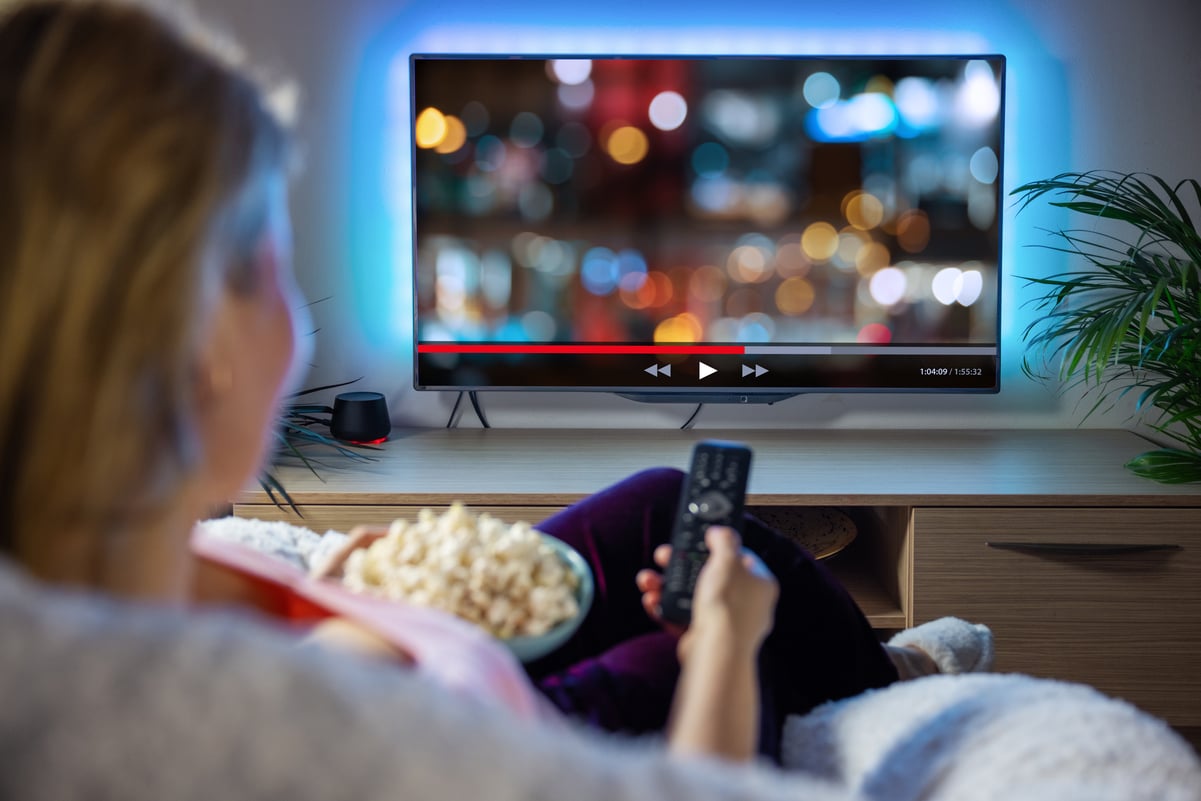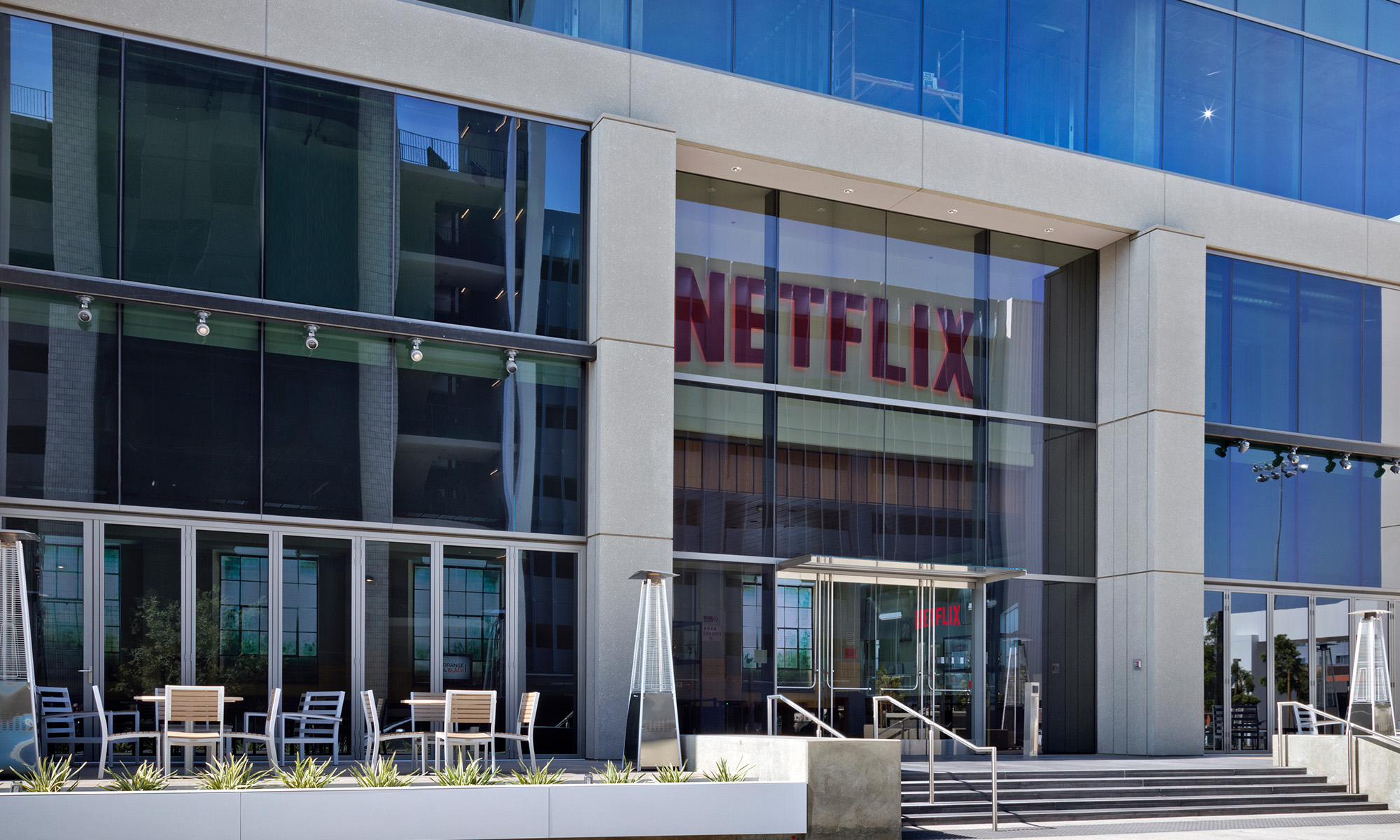Skeptics say that movie and TV studios hold all the cards when negotiating streaming deals with Netflix (NFLX 1.19%). The idea behind this critique is simple: Netflix needs content, studios don't need Netflix, prices will rise faster than Netflix can afford it. End of story, supposedly.
But that's not the whole story. Netflix holds a unique trump card when making studio deals, and has been willing to play it when necessary.

What does this ace look like?
You see, Netflix knows exactly what its customers are watching, when they watch it, and where they pause the movie to grab some popcorn. Its servers are in direct contact with whatever device you're streaming these videos through, and reports the usage data back to the mother ship.
Hence, Netflix always knows exactly how valuable its content really is. But the company doesn't share this data across the negotiating table. It's like playing five-card poker where the studio's cards are face up on the table and Netflix holds its hand close to the vest.
It's an unfair advantage, and Netflix is not shy about exploiting it. That's what happened when Starz (STRZA +0.00%) wanted more money for its second-hand distribution services. Netflix looked at its viewership data, decided that the price Starz asked for was way too high, and walked away. Months later, the company signed its own direct deal with Walt Disney (DIS +1.50%) instead, stealing one of the two content deals that make Starz tick in the first place.
Disney cuts out a middle man, Netflix gets an exclusive deal. We don't know much about the prices paid or asked for in any of these deals, but I would assume that Netflix didn't mortgage its headquarters to pay the Mouse. Everybody wins, except Starz, who wanted to play hardball. That's a losing gambit when the opponent knows so much that you don't.
Let's hear it again
You don't have to take my word for it. Indie film producer Kevin Tostado signed a streaming deal with Netflix last year. Netflix didn't grab his Monopoly documentary right away, but let "modest success on iTunes" prove the title's worth first. Now, Tostado is worried about renewing the Netflix deal because the company would negotiate from a position of strength. "Netflix does not release any viewership metrics, so if Netflix wants to renew the contract at the end of a year, it will be hard to negotiate a new fee when we won't have the same viewership data they will," Tostado said on Quora.
That's just one small voice, but the big boys don't have any more viewership information than Tostado does. The same tactics will apply when talking to Disney or any other major studio.
Another advantage
And there's more. Imagine sitting at the deal-making table, waging a bidding war against Netflix. I would hate to be Amazon.com (AMZN +0.50%) in that situation.
Again, Netflix simply knows more than you do. Even if it's an entirely new license, the company can draw conclusions from a vast pool of known data. Netflix knows what a political drama is worth. It can put a price tag on Kevin Spacey's face or on prison comedies with an all-female cast. Amazon can guess, but is far more likely to misprice any deal. Set the price too low and Netflix gets a great deal. On the flipside, Amazon will probably overpay for the content it does win.
This will be true for another few years until Amazon and others build up enough of their own viewership data to become competitive. For now, it's a very significant advantage. Imagine if Nielsen (NLSN +0.00%) only handed out TV ratings to one company, leaving the rest of the industry in the dark. That's the kind of data-driven moat Netflix has built here. It's just not fair.








